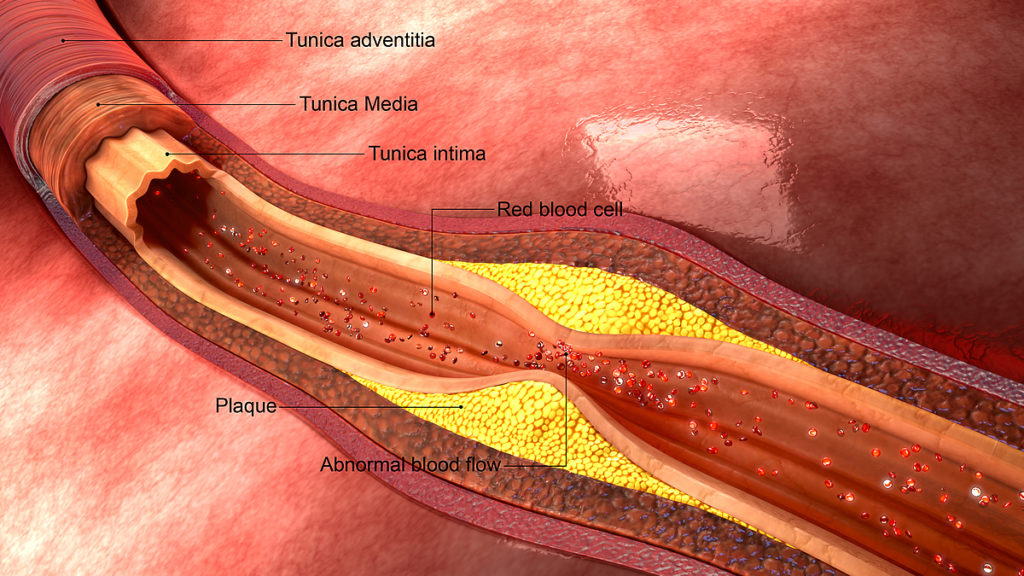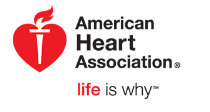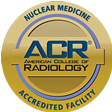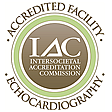Heart Disease
WHAT IS HEART DISEASE?
Heart disease is a term that is used to describe a range of conditions that affect your heart. These conditions include coronary artery disease, heart rhythm problems (arrhythmias), blood vessel diseases, and heart defects you were born with (congenital defects).Cardiovascular disease is a term also used interchangeably with heart disease. Cardiovascular disease most often refers to conditions that can lead to more serious problems, such as chest pain (angina), stroke, or even a heart attack. Generally, heart disease is used to describe the condition where blood vessels are narrowed or blocked. The good news is, many forms of heart disease can be prevented or treated with the guidance of your heart doctor (cardiologist).
COMPLICATIONS
While heart disease does refer to different blood vessel or heart problems, the term is most often used to describe damage from atherosclerosis (ath-ur-o-skluch-ROE-sis).
Atherosclerosis is the most common cause of heart disease. It is a buildup of fatty plaques in your arteries which thickens and stiffens the artery walls preventing blood flow through your arteries to vital organs and tissues.
Heart disease can contribute to a number of serious complications if left untreated. Some of these complications Include:
Heart Attack A heart attack results from a blood clot blocking the blood flow to the heart. This can possibly result in damage or even destroying a part of the heart.
Stroke An ischemic stroke occurs when the arteries to your brain are narrowed or blocked so that not enough blood reaches your brain, resulting in brain tissue damage.
Heart Failure Heart failure can result from many forms of heart disease. This complication describes the condition when your heart can’t pump enough blood for what your body needs.
Peripheral Artery Disease This term is used when your extremists – usually legs – have poor blood flow. Most often, people who have peripheral artery disease will experience leg pain when walking.Chest pain, chest tightness, chest pressure, or chest discomfort.Shortness of breath.Pain, numbness, weakness, or coldness in your legs or arms.Pain in the neck, jaw, throat, upper abdomen, or back.
BE AWARE OF SYMPTOMS
- Chest pain, chest tightness, chest pressure, or chest discomfort.
- Shortness of breath.
- Pain, numbness, weakness, or coldness in your legs or arms.
- Pain in the neck, jaw, throat, upper abdomen, or back.
WHO IS AT RISK?
Here are the most common risk factors for developing heart disease:
Family History Your chances of coronary artery disease is increased if you have a family history of heart disease.
High Blood Cholesterol Levels The chance of atherosclerosis greatly increases with high levels of cholesterol in your blood.
High Blood Pressure This can result in the thickening and hardening of the arteries which narrows the vessels blood flows through.
Age The risk of having a weakened heart muscle or damaged and narrowed arteries are increased with age.
Gender Men tend to be at a greater risk of heart disease. However, after menopause, women also increase in risk.
Poor Diet The food you eat can absolutely contribute to developing heart disease, especially diets high in fat, salt, sugar, and cholesterol.
Smoking Heart attacks are more common in smokers than nonsmokers; the nicotine and carbon monoxide makes you more at risk for atherosclerosis.
WE ARE HERE TO HELP
At Carolina Heart and Leg Center, P.A. your health is in good hands. We recognize how scary and upsetting a heart attack or other complications from heart disease can be. We take the time to really listen to our patients and hear their concerns.
Once we fully understand your circumstances, we will create a heart-healthy care plan designed specifically for your needs and condition. Your heart-healthy care plan will include preventive measures and put you back on the road to recovery. Our caring and supportive team will explain procedures, make sure you understand health recommendations, and more.
You can rest assure that Carolina Heart and Leg Center, P.A. cares about your health, and we will walk beside you every step of the way on your journey back to heart health.
*Stock photographs and artwork are for illustrative purposes only. This article contains general information about medical conditions and treatments. The information is not advice, and should not be treated as such. You must not rely on this article as an alternative to medical advice from your doctor or other healthcare providers.






